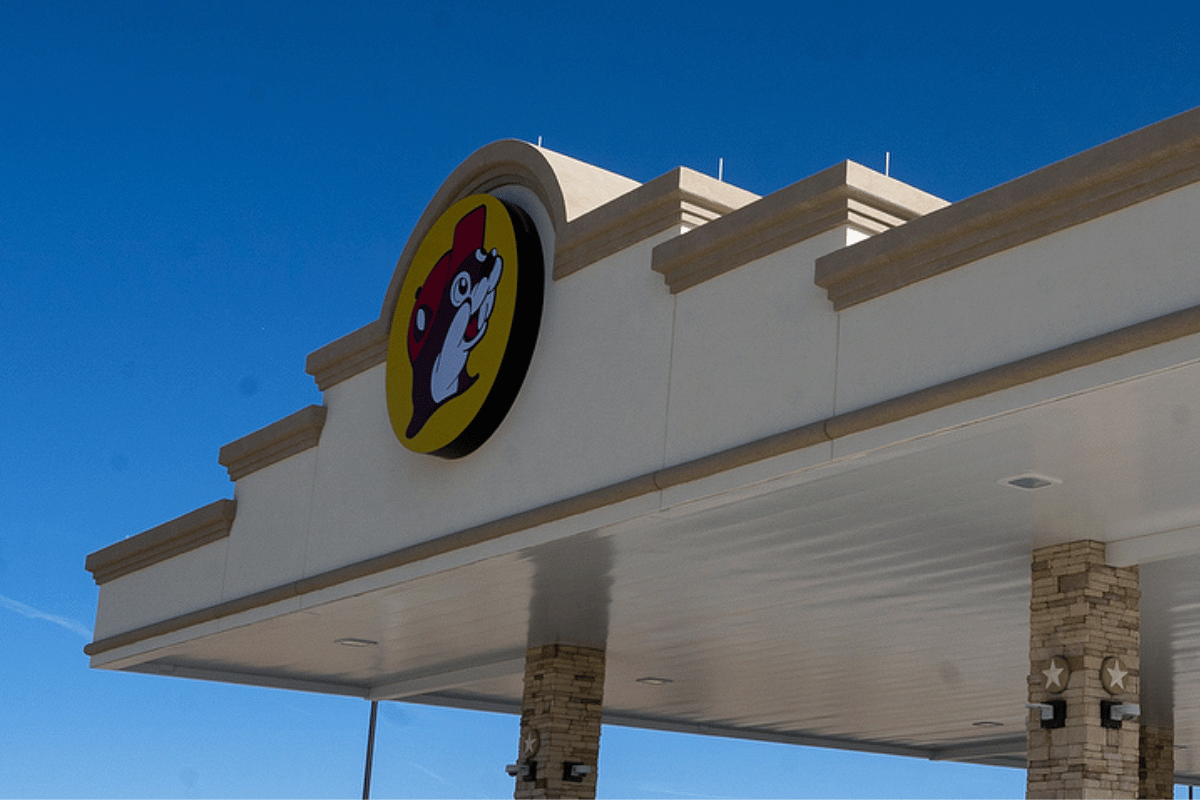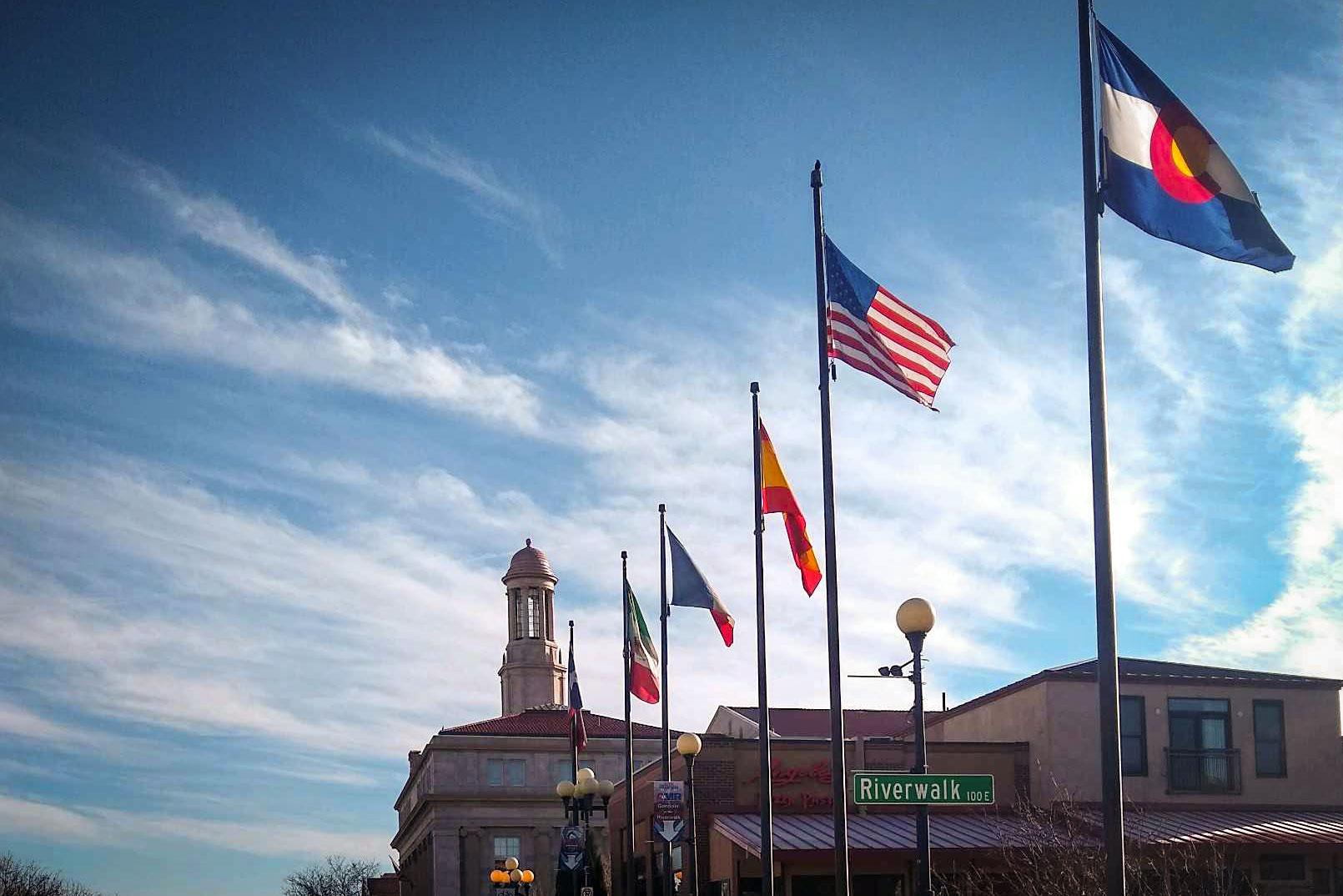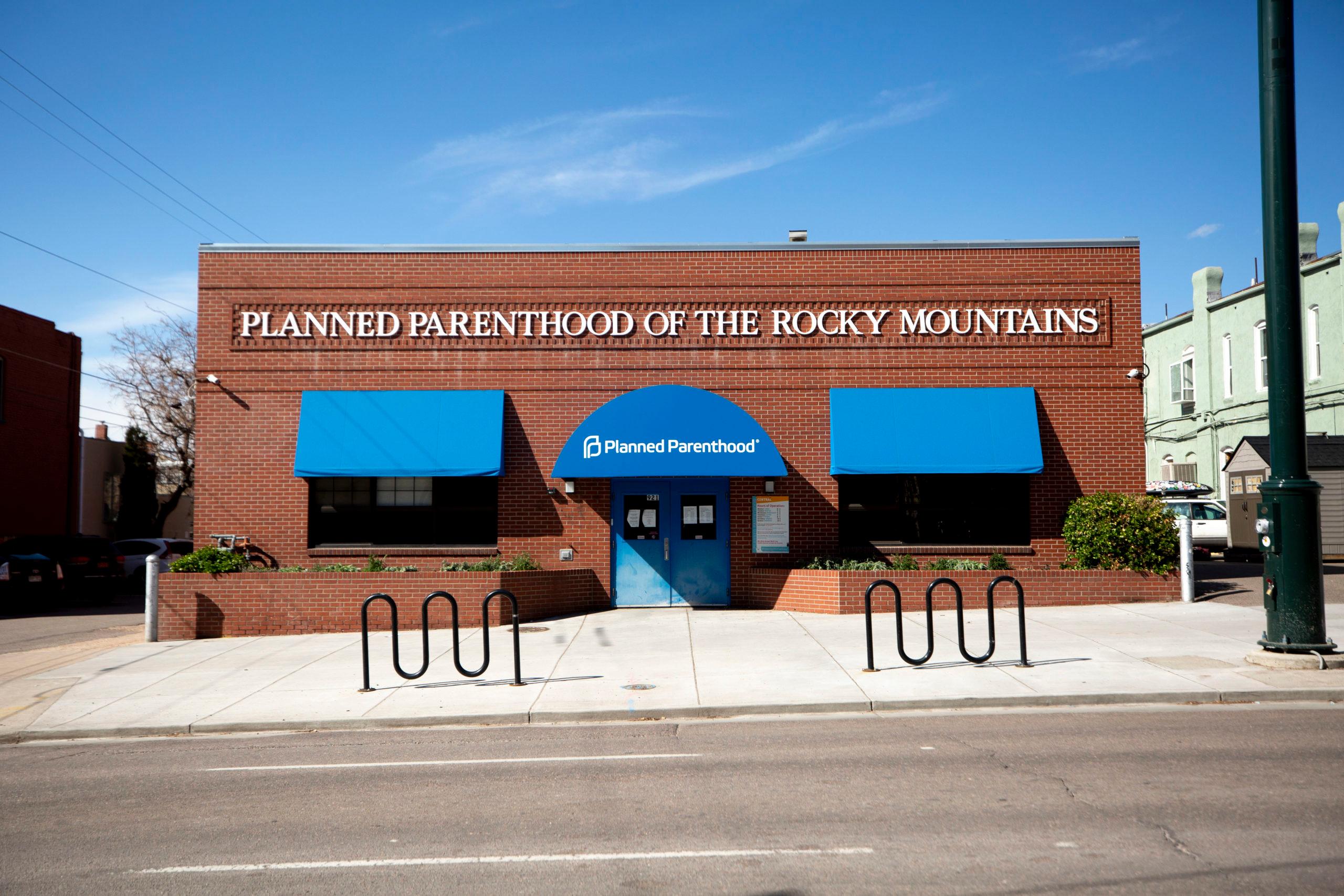
Colorado’s federal workforce hasn’t been spared the deep cuts to the U.S. government President Trump has made a cornerstone of the first 100 days of his second term.
The ripple effects from Trump’s cuts, spearheaded by billionaire Elon Musk and the Department of Government Efficiency, or DOGE, have hit virtually every federal agency across Colorado. But it could take a while for the full scope of jobs and services lost to shake out.
The chaotic effort to slash jobs in the name of eliminating waste has run into numerous legal challenges, with thousands of workers being reinstated after courts ruled they were illegally terminated. But even as some workers are called back, more layoffs are ongoing.
What the data (kind of) shows
The confusion makes actual numbers nearly impossible to find. None of the federal agencies contacted by CPR provided even a rough estimate of how many federal jobs in Colorado have been lost.
As of April 28, 739 federal employees in Colorado have filed for unemployment since Trump took office, according to the state’s labor department. But the state’s numbers don’t capture the entire picture.
“Federal workers who are on paid leave or are receiving severance pay are counted as employed… so it may be a while before the direct impact of federal layoffs is seen in the data,” a Department of Labor spokesperson said in an emailed statement.
The Trump administration said roughly 75,000 workers nationwide took a buyout shortly after Trump’s inauguration. Last month, employees were offered a second buyout. The deferred resignation packages put employees on paid leave until September 30.
There’s no official data on how many employees took the second buyout. But anecdotally, many Coloradans who rejected the first offer accepted the second one. Corey Schaffer, a chemical engineer who works with the Department of Energy in Golden on hydrogen and fuel cell technology, is one of them.
Schaffer didn’t take the first buyout offer because there was hope that his part of the government would be spared cuts, as energy is an important driver of the economy.
But in February, he and many of his coworkers were fired for no reason.
“It was a chaotic day … seeing your colleagues cry because they felt powerless and didn’t want to see people terminated in this way,” Schaffer said. “(The administration) said our employment was no longer in the public interest, which is kind of a dubious term. Anyone could change what that means. It’s hard to know what the public interest really is.”
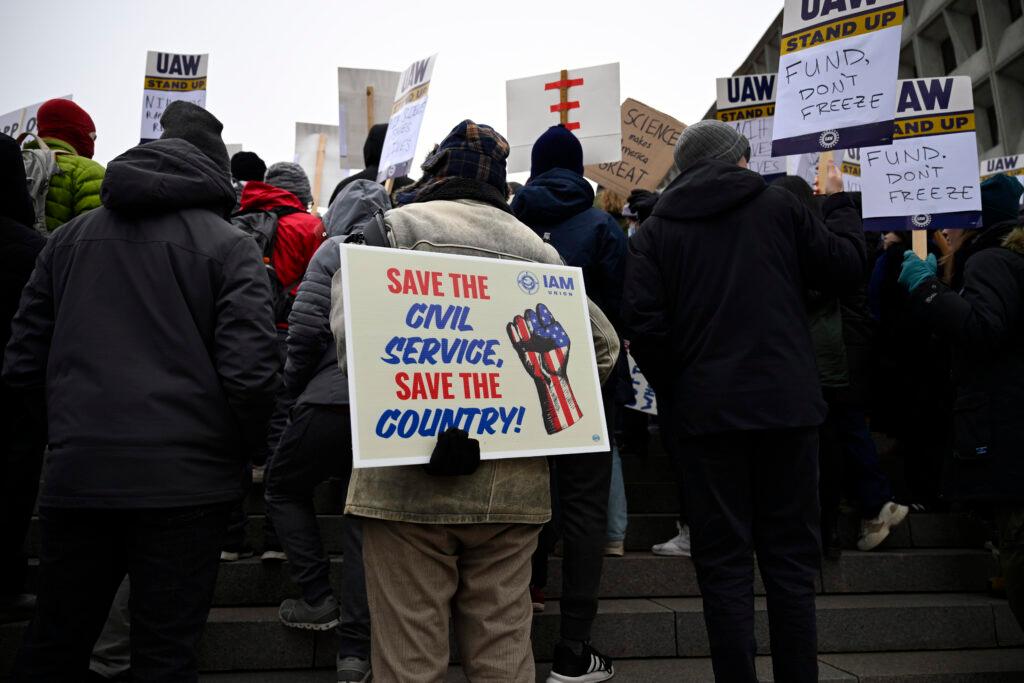
He was rehired a month later, but as a probationary employee with less than a year on the job, he worries he could be fired again.
“I decided to take the deferred resignation after thinking about it for a few days, and many folks are deciding to take it because of the threat of [layoffs]. So hopefully the more people that take the deferred resignation, the less they have to cut people,” he said.
Schaeffer worked in the private sector before joining the government. He’s back hunting for jobs there now. But he’s open to returning to public service in the future.
“I believe in what government does and what it can do. I'm not saying just federal government, but also state governments and local governments … I still haven't given up on the belief that government can do good things,” he said.
“We do not know what the fallout is going to be”
CPR News also spoke with a 30-year veteran of the U.S. Department of Agriculture who also accepted the second buyout after turning down the first one. The Denver-based employee, who works with farmers and ranchers through the National Resources Conservation Service, asked to be anonymous for fear of retaliation.
“I had more time to assess,” she said. “The President of the United States is our boss. Every federal employee, our boss is the person sitting in that chair. And to have the feeling that your boss wants you gone (and) sees no value in you and what you do and what you have contributed. It’s a daunting, very sad thing.”
Between 50 and 60 people in her group in Colorado opted to take the second buyout offer, she said.
“There are a lot of things happening and quite frankly, we do not know what the fallout is going to be.”
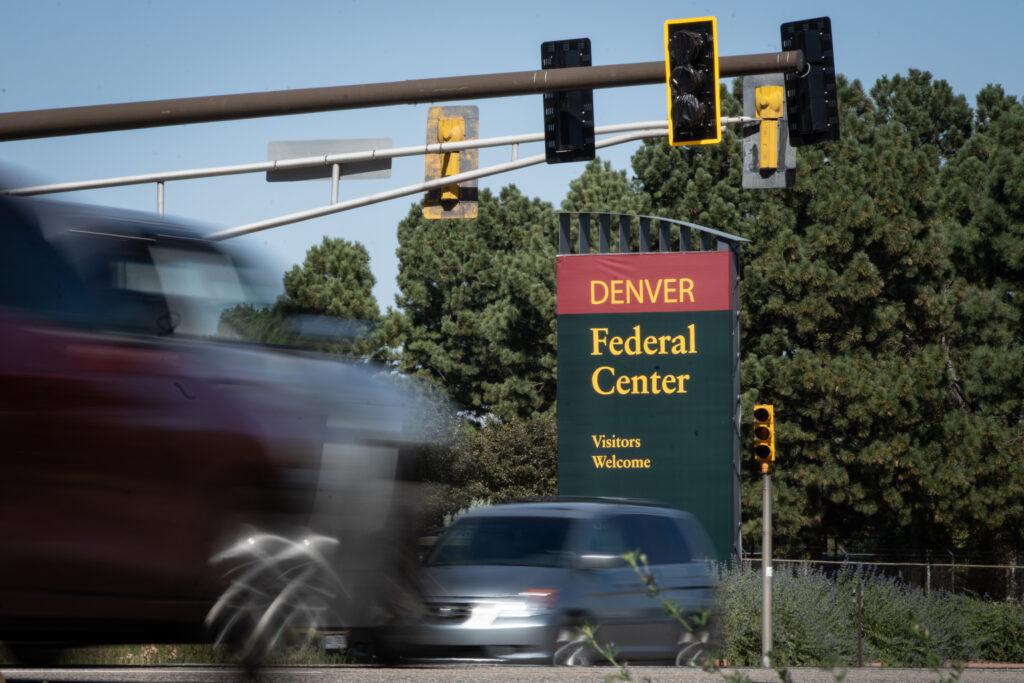
The USDA is reducing its workforce to “return the department to a customer service-focused, farmer-first agency,” a spokesperson said in an emailed statement. “The USDA deferred resignation program recently closed, and we are currently reviewing and finalizing the numbers.”
Some Colorado federal workers are hanging on despite the turmoil.
“I actually believe in the mission, so that makes me want to stay on,” said an employee of the Environmental Protection Agency in the Denver area. She also wanted to stay anonymous out of fear that speaking to the press could jeopardize her job. “It’s very, very chaotic. It’s not about efficiency. This has gone so far in the other direction. We cannot get things done the way we’re operating now. Guidance changes sometimes on an hourly basis for things. Processes and procedures are so much more complex now for even basic tasks.”
Employees question the logic behind the cuts
At a recent town hall, the regional EPA administrator that oversees Colorado, Wyoming, Montana and other mountain and plains states couldn’t answer basic questions about the buyout programs and layoffs, the employee said.
“I understand he’s new, he’s [a political appointee], but it affects literally every single one of your employees. That is a major hot-button topic,” she said.
Layoff notices started going out last week, she said. The environment justice division, which works on things like reducing pollution in poor and rural communities, was gutted in Colorado and across the U.S.
“We are actively listening to employees at all levels to gather ideas on how to better fulfill agency statutory obligations, increase efficiency, and ensure the EPA is as up-to-date and effective as ever,” an EPA spokesperson said in an emailed statement.
But the logic behind many of the cuts isn’t clear, the employee said. To her, it seems like the primary objective is simply to eliminate jobs, regardless of the work they do. Eventually, she fears, even basic things like air quality could be compromised.
“I don't think a lot of people understand just how much the federal government impacts their daily lives. They think, ‘I don't currently draw Social Security, I don't need these agencies. I don't need these things.’ But in the background, their daily lives are impacted.”
| This story is part of a collection tracking the impacts of President Donald Trump’s second administration on the lives of everyday Coloradans. Since taking office, Trump has overhauled nearly every aspect of the federal government; journalists from CPR News, KRCC and Denverite are staying on top of what that means for you. Read more here. |
Funding for public media is at stake. Stand up and support what you value today.

